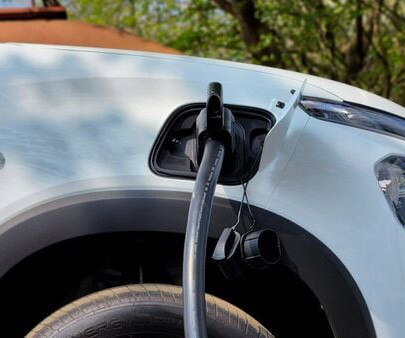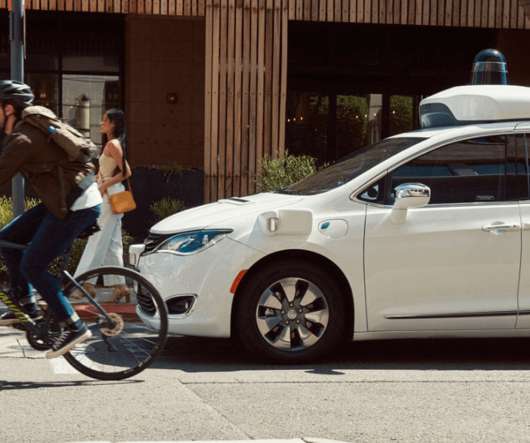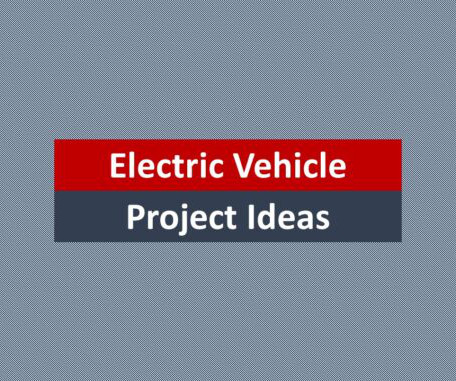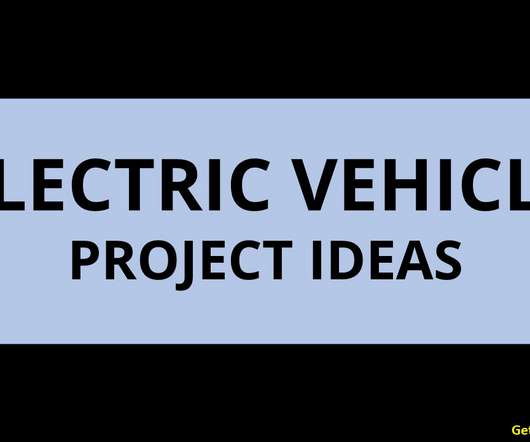ICCT LCA study finds only battery and hydrogen fuel-cell EVs have potential to be very low-GHG passenger vehicle pathways
Green Car Congress
JULY 21, 2021
In addition to its regional and temporal scope, this study is distinct from earlier LCA literature in four key aspects: This study considers the lifetime average carbon intensity of the fuel and electricity mixes, including biofuels and biogas. This is especially important for assessing the GHG emissions of PHEVs.

























Let's personalize your content